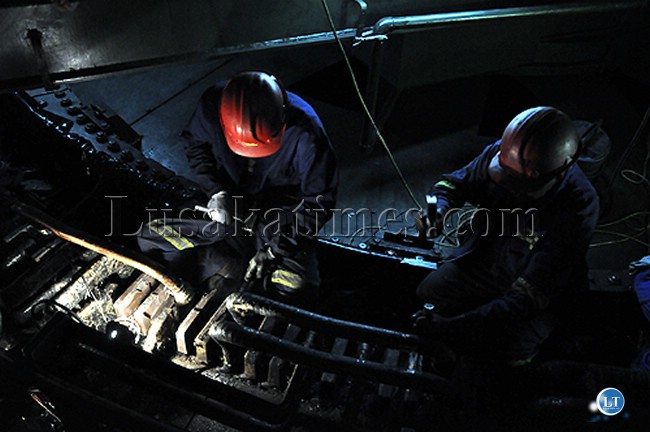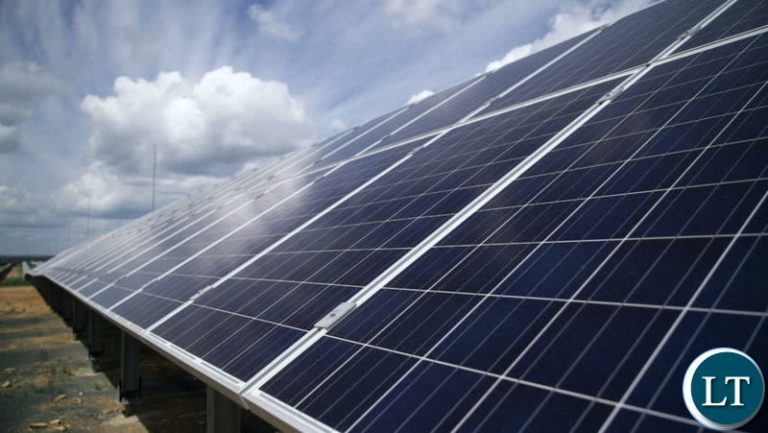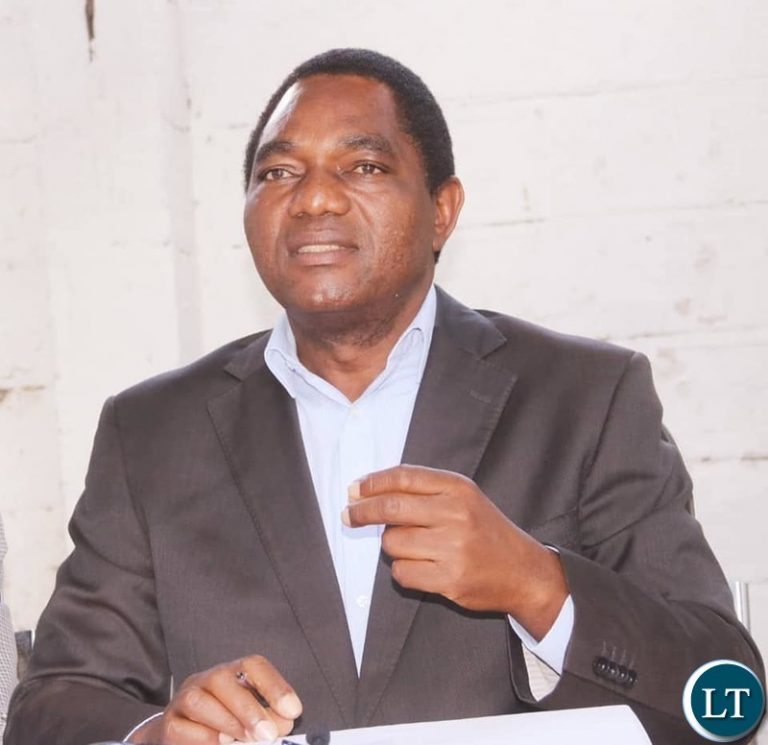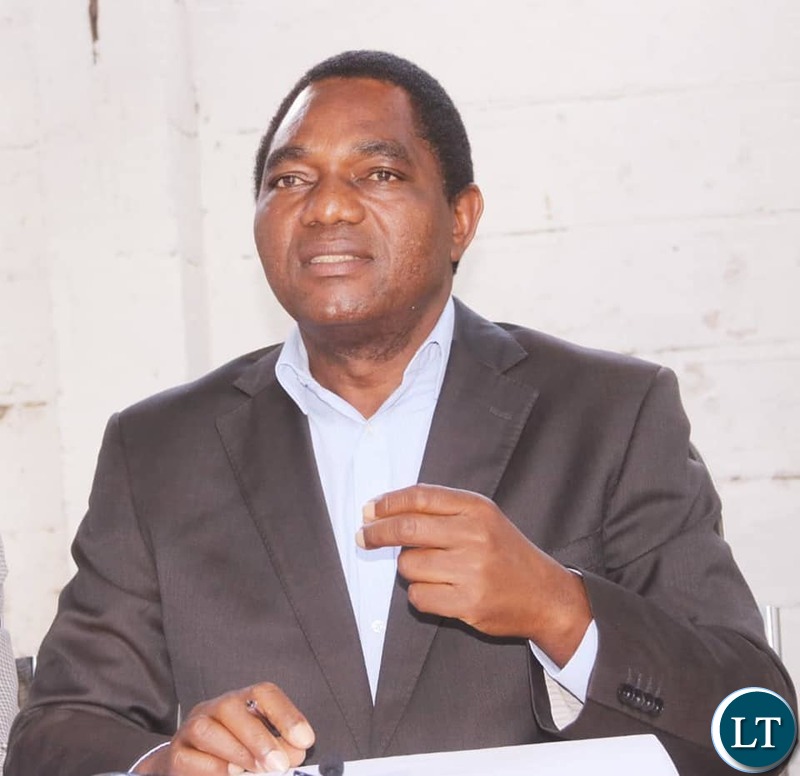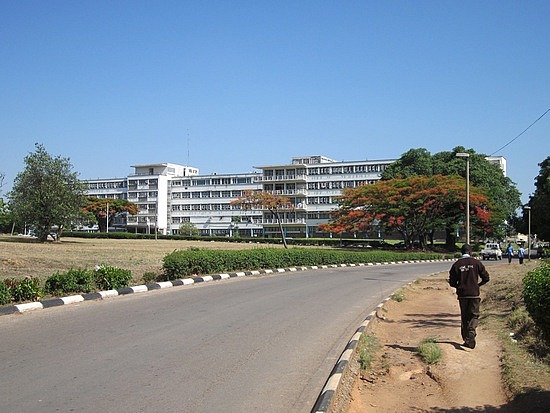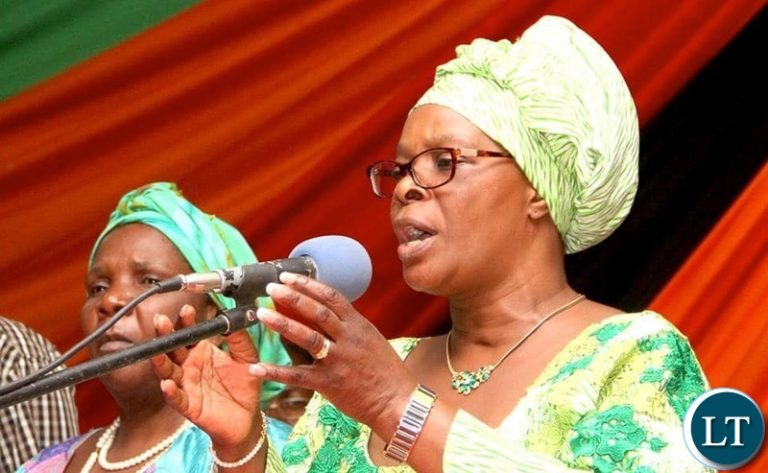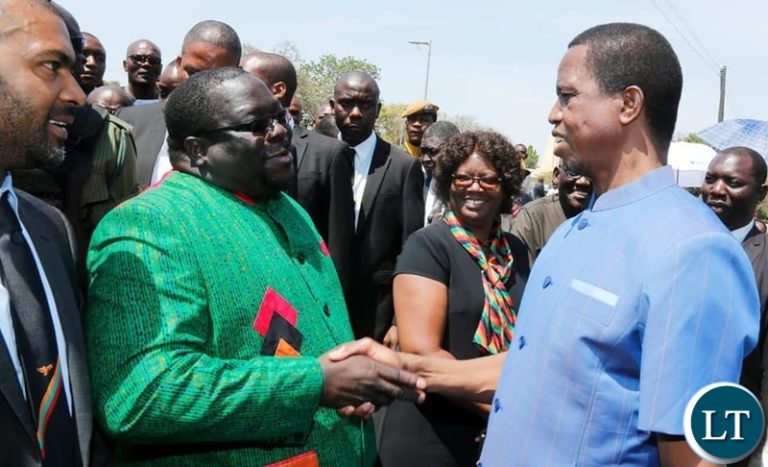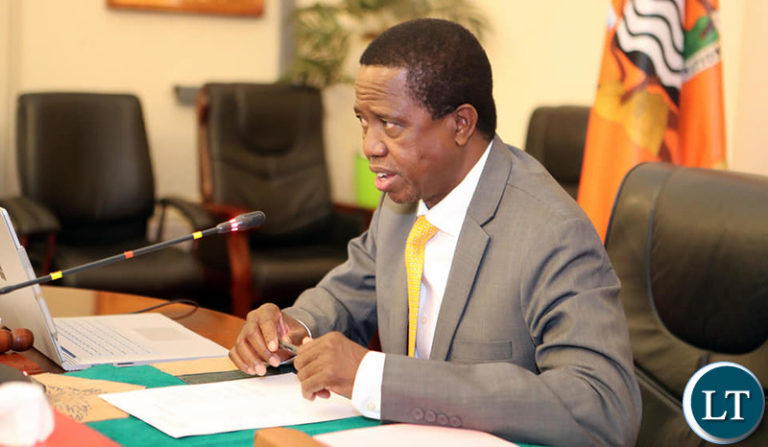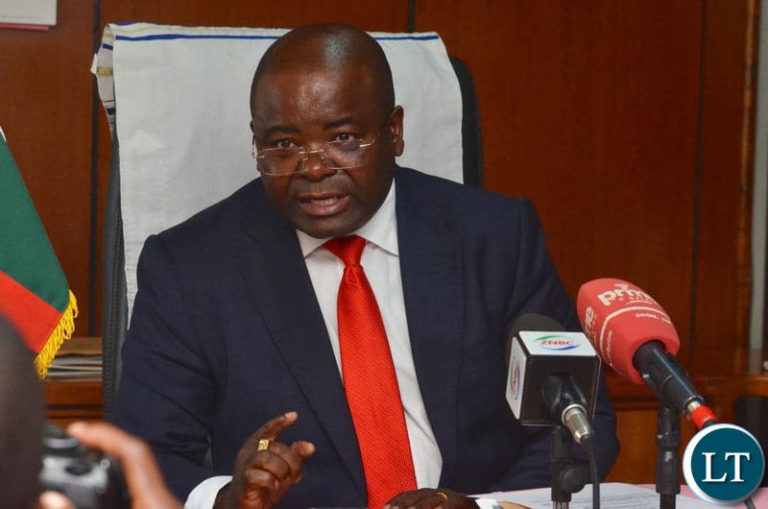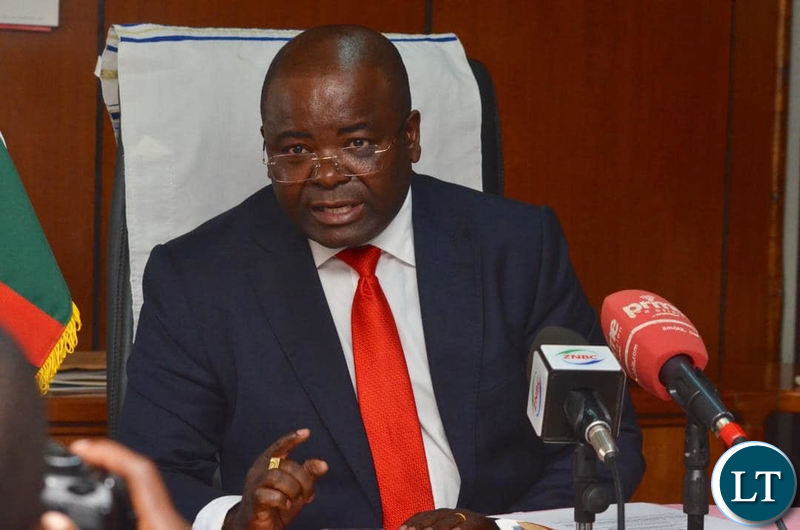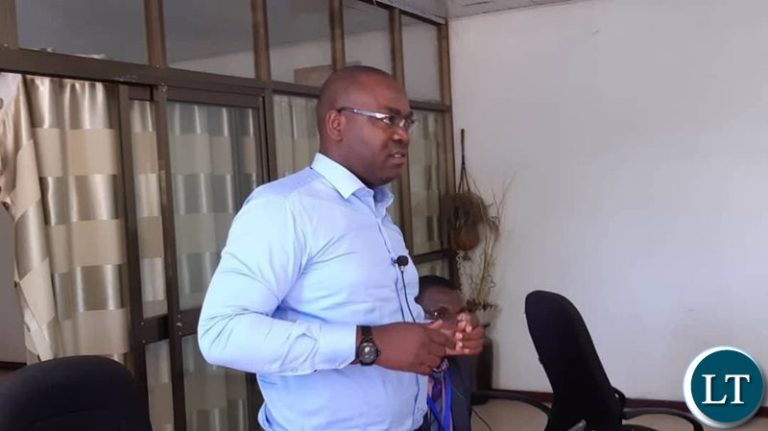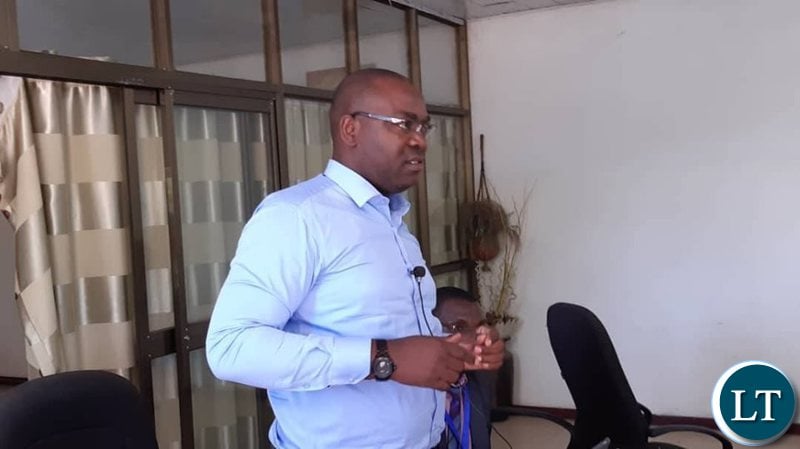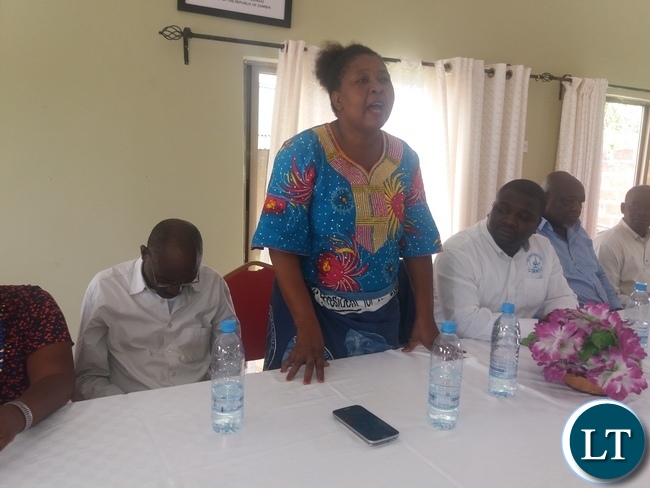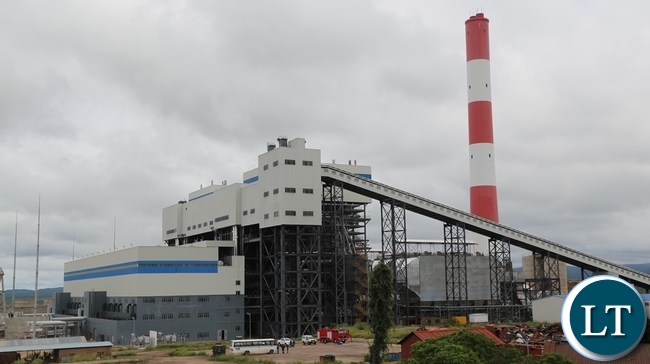
Maamba Collieries says it needs ZESCO to clear outstanding debts owed to the company so it can maintain efficient operations at its 300 MW coal-fired power plant.
Due to a continued shortfall in monthly payments of its power bills by ZESCO, MCL has not been able to keep up a robust maintenance programme at its modern eco-friendly thermal power plant which has been contributing significantly to the energy balance of the country.
The cash flow shortage has resulted in the company being unable to sustain quality proactive maintenance to the 300 Megawatts facility, and the recent forced shutdown of one of its two-generation units, halving its power supplied to the national grid to 130 Megawatts.
“Maamba Collieries makes a significant contribution to the national grid, and provides a vital diversification from the reliance on hydropower that has proved so vulnerable to climate change. We stand ready, willing and able to supply significant base load power to the nation,” said Maamba Collieries Chief Executive Officer, Rear Admiral Venkat Shankar.
Mr Shankar said without payment from ZESCO their sole source of revenue they have insufficient funds to pay for costly spare parts and maintenance as also the project dues to their principal equipment supplier whose expertise they depend on, which is not a desirable situation in these times of energy crisis that the country is facing and may face over the next couple of years.
He said the company confirmed that one of its two units was forced to shut down on October 17, 2019 owing to a technical fault and requires extensive consultations with the equipment supplier.
A statement from ZESCO on October 18, 2019, attributed an additional three hours of load-shedding to the Maamba shutdown.
Typical of the state-of-the-art technology, the power plant requires intensive regular maintenance involving high expenditure for spares, support services from the equipment manufacturers and other maintenance activities.
However, since commencing supplying power in August 2016, there has been a continuous shortfall in monthly payments received from ZESCO against Maamba Collieries’ power bills, explained Rear Admiral Shankar.
The company has not disclosed the amount of funds owed but explained that the payment shortfall has left it with inadequate cash for the conduct of operations and maintenance activities.
“Maamba Collieries considers the emerging situation as being largely attributable to non-receipt of full payments from ZESCO, leading to MCL being cash strapped, which is increasingly beginning to impact the continued running of the plant and its machinery, and its ability to undertake repairs and proactive maintenance.
Under these conditions we are unable to confirm the timeline for resumption of operations of the unit that is shut down or guarantee the continued availability of the second unit currently operating,” said Rear Admiral Shankar.
“We are hopeful of ZESCO’s cooperation in meeting our monthly payments, which would ensure that Maamba Collieries will be able to run its plant at full capacity in these difficult times of acute power shortage,” he added.



